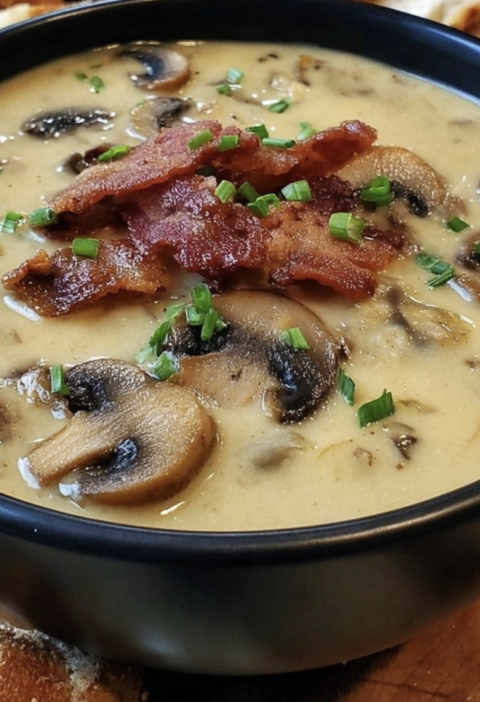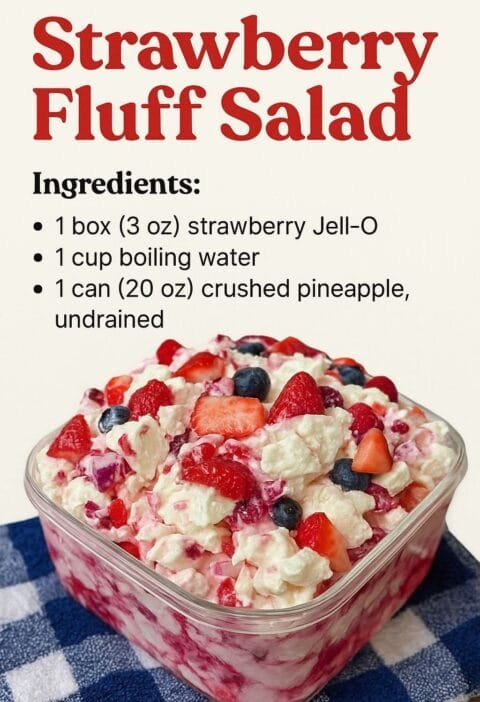Top 10 Foods to Eat After 50 for Optimal Health
As we age, our bodies undergo significant changes that can affect our energy levels, recovery times, and overall health. After the age of 50, it’s essential to adapt our diets to support these changes. Eating a balanced diet rich in specific nutrients can help maintain vitality and reduce the risk of chronic diseases such as heart disease and diabetes. In this article, we will explore the top 10 foods that can help keep your body and mind feeling youthful and healthy after 50.
1. Sweet Potatoes
Sweet potatoes are a nutritional powerhouse, rich in vitamin A, vitamin C, and fiber. Vitamin A is crucial for maintaining healthy vision and skin, while vitamin C supports tissue repair and boosts the immune system. Each serving of sweet potatoes provides approximately five grams of fiber, which aids in digestion and helps you feel full longer. Incorporating sweet potatoes into your diet can provide a delicious and nutritious foundation for various meals.
2. Black Beans
Black beans are an excellent source of protein and fiber, making them a healthy addition to any diet. Low in fat and high in nutrients, they support heart and brain health. When purchasing canned black beans, opt for varieties without added sugars or salts to maximize their health benefits. Adding black beans to salads, soups, or burritos can help you meet your dietary needs while enjoying their robust flavor.
3. Broccoli
Broccoli is a nutritional gem packed with vitamins A, C, and K, as well as fiber and antioxidants. These nutrients work together to lower cholesterol levels, prevent chronic diseases, and detoxify the body by removing harmful substances. Regular consumption of broccoli can help maintain a healthy heart and reduce the risk of cancer and diabetes. Enjoy broccoli steamed, roasted, or added to stir-fries for a nutritious boost.
4. Eggplant
Eggplant is rich in fiber, potassium, and vitamins A and C. Its high potassium content is particularly beneficial for regulating blood pressure and promoting heart health. Eggplant also contains antioxidants that may protect against certain cancers. This versatile vegetable can be grilled, roasted, or incorporated into various dishes, making it easy to enjoy its health benefits.
5. Beets
Beets are a nutrient-dense food known for their vibrant color and numerous health benefits. They contain betalains, which are powerful antioxidants that help combat free radicals and may reduce the risk of cancer. Beets are also high in potassium and magnesium, essential minerals for heart health and muscle function. Including beets in your diet can support digestive health and promote a healthy gastrointestinal tract.
6. Wild-Caught Salmon
Wild-caught salmon is an excellent source of omega-3 fatty acids and vitamin D. These nutrients are vital for maintaining healthy bones, supporting the immune system, and promoting heart health. Compared to farmed salmon, wild-caught varieties have lower saturated fat content, making them a healthier choice. Aim to include two servings of fish per week to benefit from the omega-3s found in salmon.
7. Avocados
Avocados are often hailed as a superfood due to their high content of healthy fats, vitamins, and minerals. They help lower the risk of heart disease and cancer while fighting inflammation in the body. Avocados can be enjoyed in various ways, such as in salads, smoothies, or simply on toast. However, moderation is key, as they are calorie-dense; half an avocado per day is recommended for optimal health.
8. Chickpeas
Chickpeas are a fantastic source of protein and fiber, making them ideal for promoting good digestion and weight management. Their protein content supports heart health and helps prevent age-related muscle loss. Chickpeas can be added to salads, soups, or casseroles as a healthy meat substitute. They are available canned or dried, making them a convenient pantry staple.
9. Ginger
Ginger is a potent spice known for its numerous health benefits. Rich in antioxidants and flavonoids, it helps protect the body from oxidative stress. Ginger has been shown to reduce joint pain, inflammation, and may even lower the risk of heart disease and Alzheimer’s disease. Incorporating fresh ginger into your diet, whether in tea, stir-fries, or smoothies, can enhance your overall health.
10. Cauliflower
Cauliflower is a versatile vegetable that deserves a spot in your diet. It is low in calories and high in vitamins C and K, making it an excellent addition to any meal. Cauliflower can be used in various dishes, from rice alternatives to pizzas, and can be roasted or steamed for a nutritious side. Its antioxidants help protect against aging and promote overall well-being.
Maintaining a healthy diet after 50 is vital for promoting longevity and quality of life. Incorporating these ten foods into your daily meals can help combat the physical effects of aging and reduce the risk of chronic diseases. Remember, it’s never too late to start making healthier choices. With small, sustainable changes to your diet, you can enjoy a vibrant and healthy life as you age. Explore these foods and find ways to incorporate them into your meals for optimal health and wellness.
If you found this information helpful, consider sharing it with friends and family. Together, we can promote healthier lifestyles for everyone over 50!






